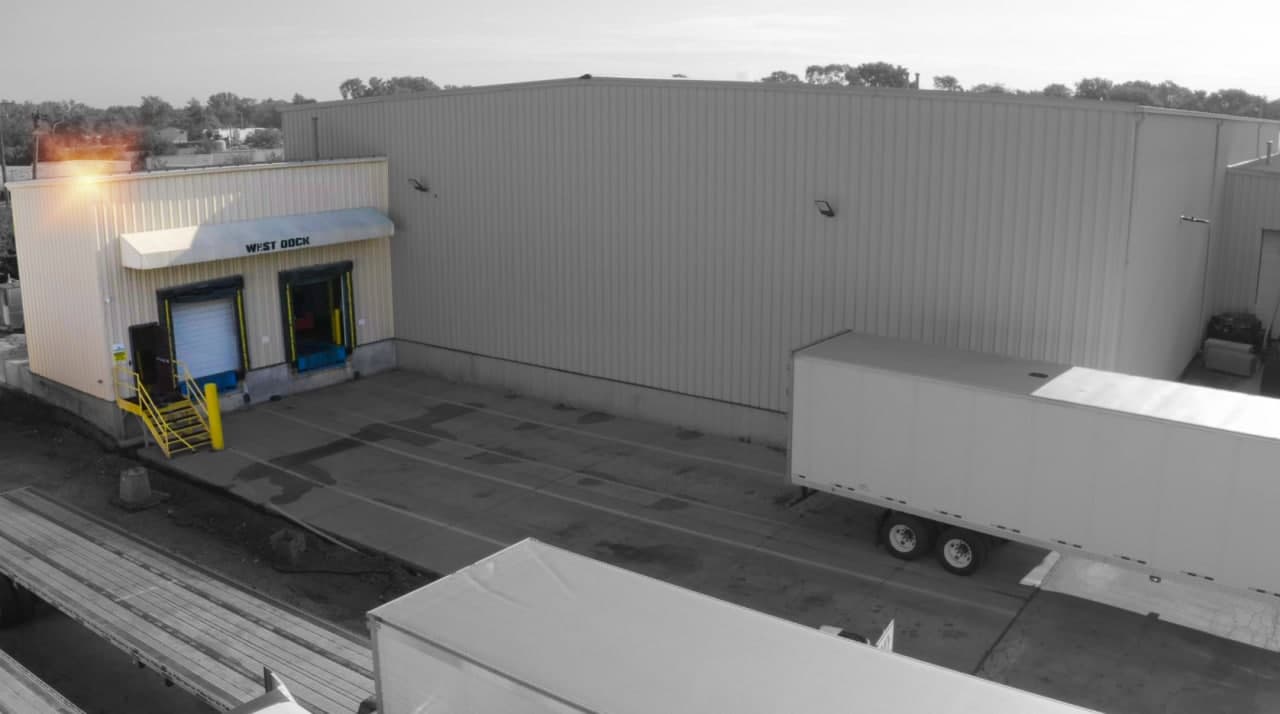

These are the two processes of cross docking. During pre distribution, goods are unloaded, sorted, and prepared for distribution. All items should be identified and instructions given in this phase to decrease issues and provide a seamless process. Then the products are sent to the customer.
Manufacturers & others can benefit because the material handling will be streamlined (labeling, weighing, destination scanning, loading & unloading etc.) Products are screened more quickly due to automation, which greatly decreases the transit time.
Cross docking helps to replace traditional warehouses and requires less square footage, giving a fixed cost savings. Companies using a 3PL can benefit from using a dedicated cross dock warehouse, and they won’t need a large storage capacity themselves because they can outsource their storage as well.
Inventory management risks are no longer an issue, and the freight is controlled and visible at all times. Using a cross dock is also helpful with protecting the environment because products that are destined for a similar destination can be loaded together, increasing the amount of full loads. This decreases the transportation costs as well as the cost of fuel because there are fewer miles traveled.
The major times to use a cross dock can vary from company to company. When there is stable demand for a product, a consistent schedule can be set up. Overall, setting up a consistent schedule can give the opportunity for analyzing the delivery/loading processes to create the most efficient system possible. Another instance where a cross dock is important is when time sensitive or perishable inventory is being shipped. One off shipments are also a great time to use crossdocking because of the cost effective manner in which an unusual customer may be reached.